The INTERREG CambioNet Project

Modernising agriculture in the Eastern Caribbean remains one of the main challenges of the OECS. Indeed, 70% of the agricultural major stakeholders are small farmers. Nevertheless, agriculture plays a major role in the economic and social development of the region, and key issues are still yet to be addressed including ensuring food security, supporting ecological, climate and energy transitions and preserving biodiversity.
All players must come together and deepen regional cooperation in agriculture in the Eastern Caribbean in order to provide an adequate response to these challenges.
As a result, the INTERREG CambioNet Project aims to accelerate the bioeconomic modernisation of agriculture in countries of the Eastern Caribbean and also in Cuba, Dominican Republic, Haiti, Trinidad and Tobago, French Guiana and Suriname.
The INTERREG CambioNet Project
The INTERREG CambioNet Project is a €8 million project co-funded by the INTERREG Caraïbes programme under the European Regional Development Fund. The main objective of the project is to accelerate the bioeconomic modernisation of agriculture in the Eastern Caribbean by providing small farms with concrete and innovative solutions to address three (3) main challenges, namely food security, ecological, climate and energy transition along with the preservation of biodiversity.
The INTERREG CambioNet Project is led by INRAE (Institut national de la recherche agronomique) in Guadeloupe, in partnership with the OECS through its Agriculture Unit, FREDON Martinique, INCA (Instituto Nacional de Ciencias Agrícolas) in Cuba, the Caribbean Agricultural Research & Development Institute (CARDI), Anton de Kom University of Suriname, Heifer International in Haiti, the United Nations Development Programme (UNDP), Agriculture et Développement en Amazonie guyanaise (ADAG), the University of the West Indies St. Augustine in Trinidad, the Chamber of Agriculture of Guadeloupe, the Chamber of Agriculture of Martinique and Université des Antilles among others.
The project was launched in March 2021 and should be completed by the end of December 2022.
Project Status and Accomplishments to Date
Beneficiary Countries:
The INTERREG CambioNet Project mainly aims to accelerate the bioeconomic modernisation of agriculture in the Eastern Caribbean and the Greater Caribbean, particularly for small farms located in all OECS Member Staters including the French Associate Members of Martinique and Guadeloupe, along with Cuba, Dominican Republic, Haiti, Trinidad and Tobago, French Guiana and Suriname.
Goals
The INTERREG CambioNet Project pursues two key objectives, including:
- drive agroecological and bioeconomic transition in all participating countries and territories and,
- improve the performance of the Amazon and the Caribbean region in the areas of economy and food industry.
Activities
The activities below are currently being implemented as part of the INTERREG CambioNet Project in order to accelerate the bioeconomic modernisation of agriculture in the Eastern Caribbean:
- diagnosing bio-resources and innovative techniques in the field of agroecology, agro-processing and bioeconomy,
- developing innovative pilot systems via an inter-regional network of connected innovation platforms (Living Labs) and start-ups,
- establishing an inter-regional network to facilitate knowledge sharing and agricultural advice;
- providing a shared digital library for the dissemination of knowledge, best practices, and training/learning modules and,
- providing public decision-makers with decision-making tools to strengthen the effectiveness of public agricultural policies adapted to the diversity of our regions.
Resources on Ocean Governance and Blue Economy in the Eastern Caribbean
Access more resources on Ocean Governance and Blue Economy in the Eastern Caribbean via the OECS Library.
Partners of the project
The INTERREG CambioNet Project led by INRAE, gathers together multiple partners including the OECS through its Agriculture Unit, FREDON Martinique, INCA (Instituto Nacional de Ciencias Agrícolas) in Cuba, the Caribbean Agricultural Research & Development Institute (CARDI), Anton de Kom University of Suriname, Heifer International in Haiti, the United Nations Development Programme (UNDP), Agriculture et Développement en Amazonie guyanaise (ADAG), the University of the West Indies St. Augustine in Trinidad, the Chamber of Agriculture of Guadeloupe, the Chamber of Agriculture of Martinique and Université des Antilles.
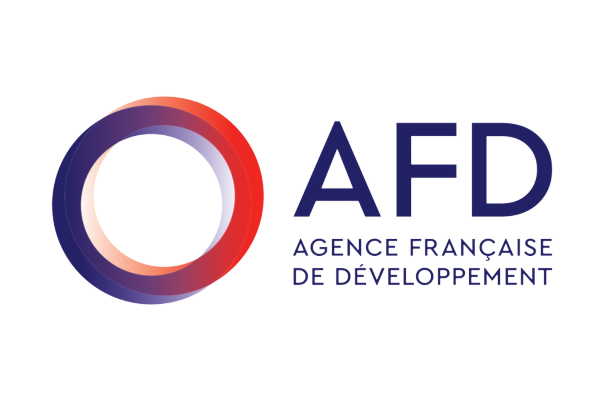
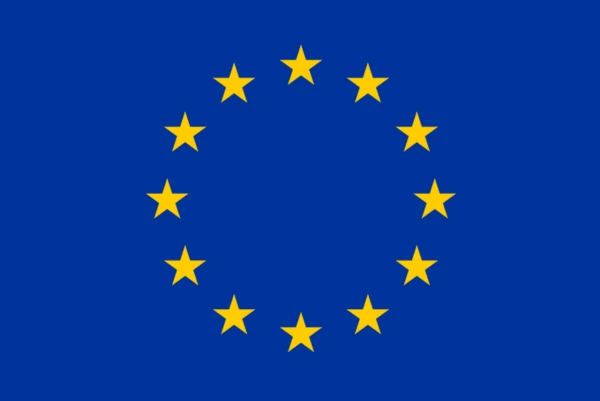
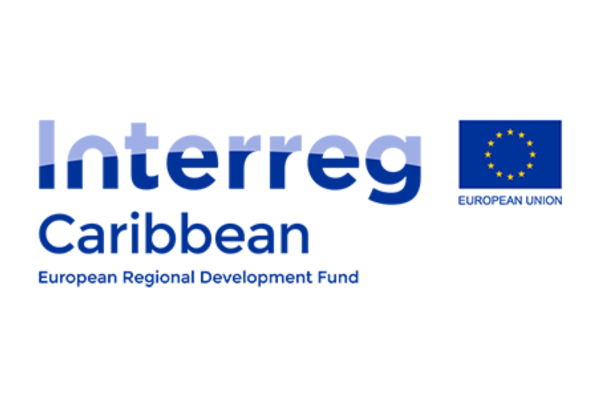
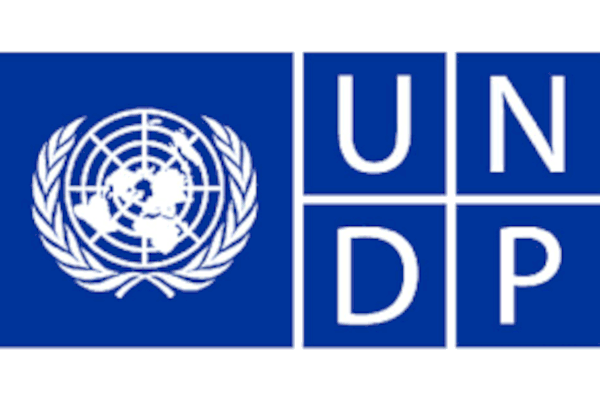
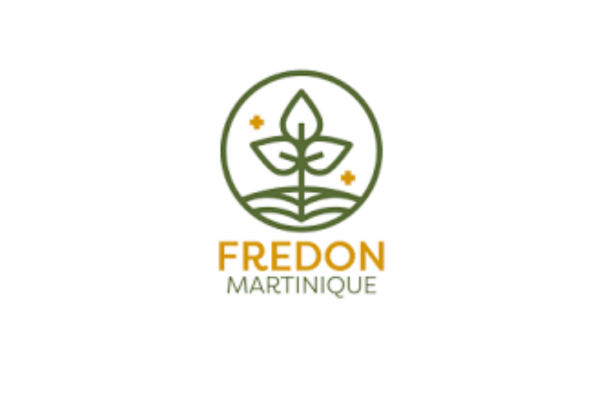
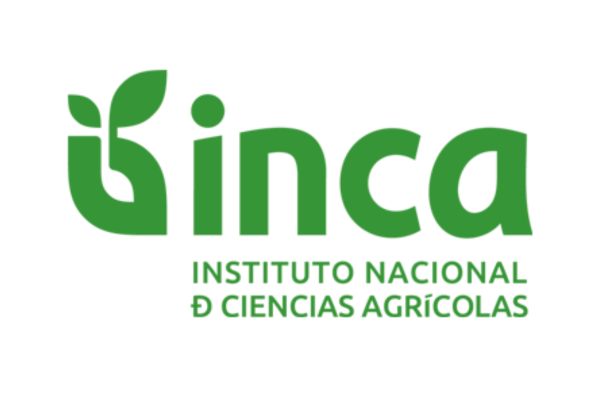
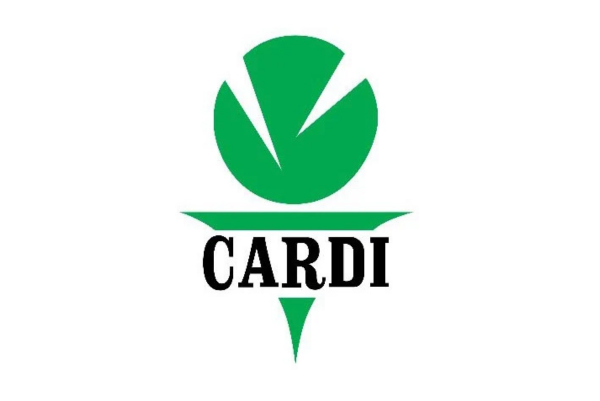
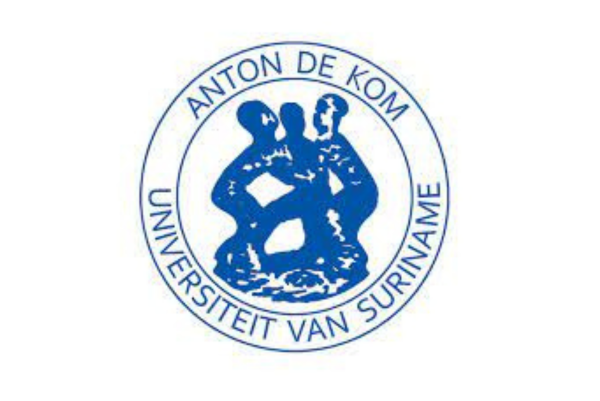
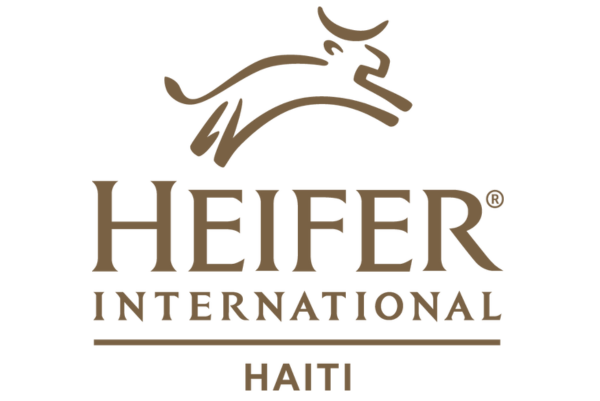
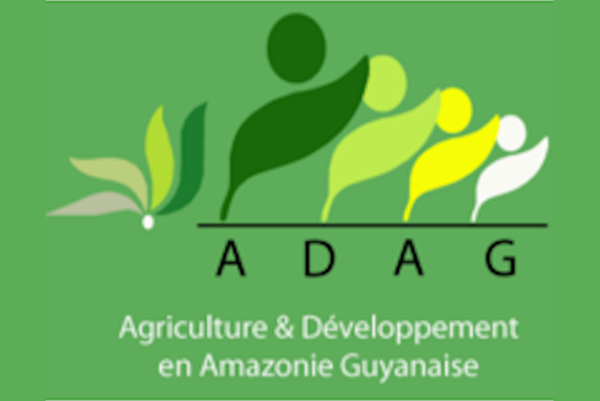
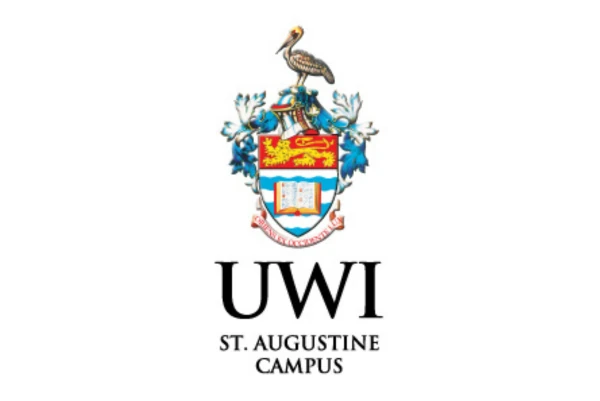
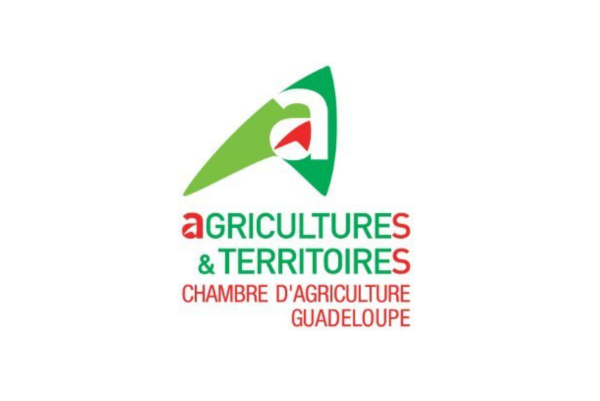
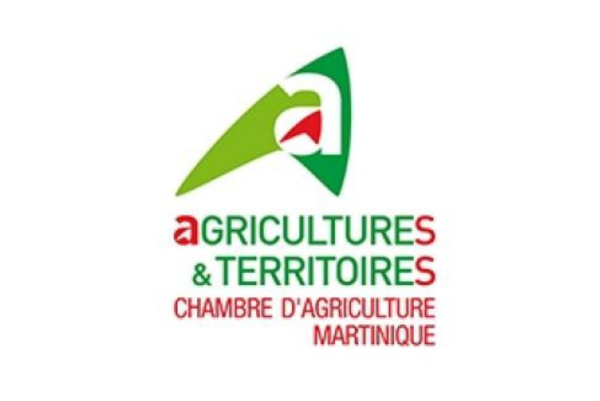
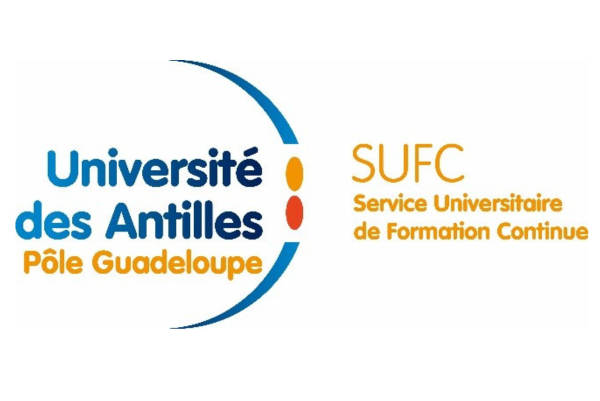
Contact
Lench Fevrier
Senior Technical Specialist - Agriculture
Tel: +1 (758) 455-6345


